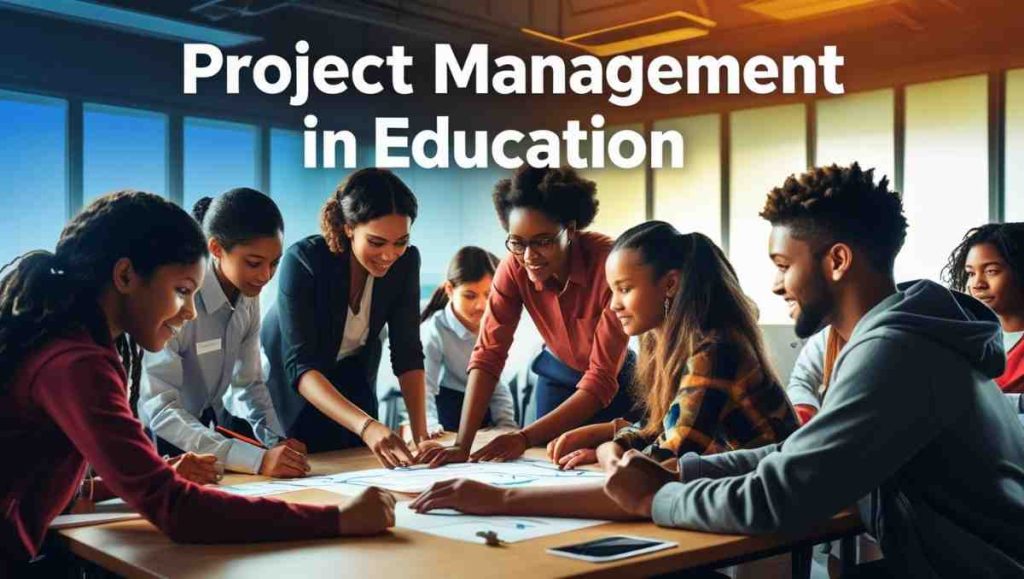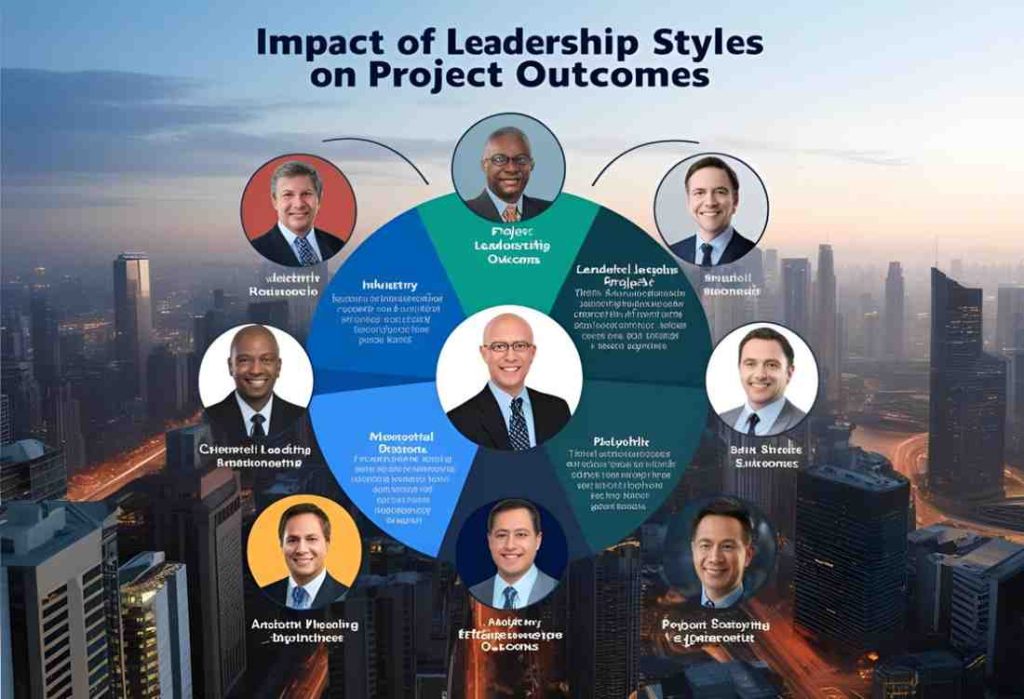Project Management in Education: Unique Challenges and Solutions

In the hallowed halls of academia, project management often hides in plain sight. While it may not always carry the shiny titles of the corporate world, the stakes are just as high — perhaps higher. From rolling out a new curriculum to constructing a new science block or running an outreach program, the challenges that educational institutions face are anything but simple.
Yet, many schools, colleges, and universities stumble when it comes to applying structured project management principles. Why? Let’s unpack this.
Unique Challenges in Educational Project Management
1️. Diverse Stakeholders with Conflicting Priorities
Unlike corporate projects with clear profit goals, education projects answer to multiple masters: students, parents, faculty, boards, regulators, and the wider community. Each has their own yardstick for success — and those yardsticks rarely line up neatly.
2️. Limited Budgets and Resource Constraints
Most educational institutions operate under tight budgets, strict procurement rules, and funding dependencies. Stretching limited resources to cover ambitious projects demands creativity and ruthless prioritization.
3️. Shifting Requirements and Scope Creep
A new government policy, an accreditation update, or sudden changes in enrollment can shift a project’s scope overnight. Educational environments are fluid by nature — adaptability is vital.
4️. Academic Culture vs. Corporate Structure
In education, decision-making often leans towards consensus and collegiality. While that fosters inclusion, it can stall projects when decisive leadership is needed to stay on schedule.
5️. Calendar Constraints
Projects must often work around the academic calendar — meaning tight windows for major works like renovations, IT upgrades, or syllabus overhauls. Miss the break? Wait another year.
6️. Measurement of Success Can Be Abstract
Unlike sales or production KPIs, success in education is more nuanced. Did the new curriculum really boost learning outcomes? Did that building renovation genuinely enhance student experience? Proof isn’t always instant.
Practical Solutions and Best Practices
1️. Engage Stakeholders Early and Often
Map all stakeholders from day one — students, faculty, admin, parents. Use clear communication plans. Frequent updates and feedback loops build buy-in and reduce last-minute pushback.
2️. Appoint a Project Sponsor with Authority
Identify a champion at the top — a dean, principal, or senior administrator. Their support keeps the project visible and clears roadblocks when consensus hits a wall.
3️. Use Agile Principles Where Possible
Education loves long planning cycles, but smaller iterative rollouts can be a lifesaver. Pilot that new digital learning tool with one department first — refine, then expand.
4️. Prioritize Ruthlessly and Phase Projects
Break large projects into bite-sized phases. Focus resources where they matter most. Phased delivery helps manage risk and control costs.
5️. Schedule Around the Academic Calendar
Plan major works during breaks. Develop contingency plans for unexpected overruns. Communicate clearly if operations may be disrupted.
6️. Train and Empower Non-PM Staff
Most education projects are run by academics or administrators who are not trained project managers. A little PM training goes a long way — workshops on scheduling, budgeting, and risk management help avoid costly missteps.
7️. Measure and Celebrate Small Wins
When KPIs are abstract, track proxy measures — student feedback, teacher adoption rates, early academic results. Celebrate milestones to keep morale high and stakeholders engaged.
Conclusion
Project management in education is not just a borrowed corporate idea — it’s the backbone of real progress in a sector that shapes the future. By facing these unique challenges head-on and borrowing best practices from the private sector (adapted with care), schools and colleges can deliver projects that transform learning, empower communities, and make every scarce Naira — or Dollar — count.
References
- PMI Educational Foundation. (2022). Project Management in Education: A Guide for Educators. Project Management Institute.
https://pmief.org/ - Thomas, J. & Mengel, T. (2008). Preparing project managers to deal with complexity – Advanced project management education.International Journal of Project Management, 26(3).
https://doi.org/10.1016/j.ijproman.2008.01.001 - British Council. (2018). Managing Educational Projects: Practical Guidance for Schools and Colleges.
https://www.britishcouncil.org/ - Kerzner, H. (2022). Project Management: A Systems Approach to Planning, Scheduling, and Controlling.



